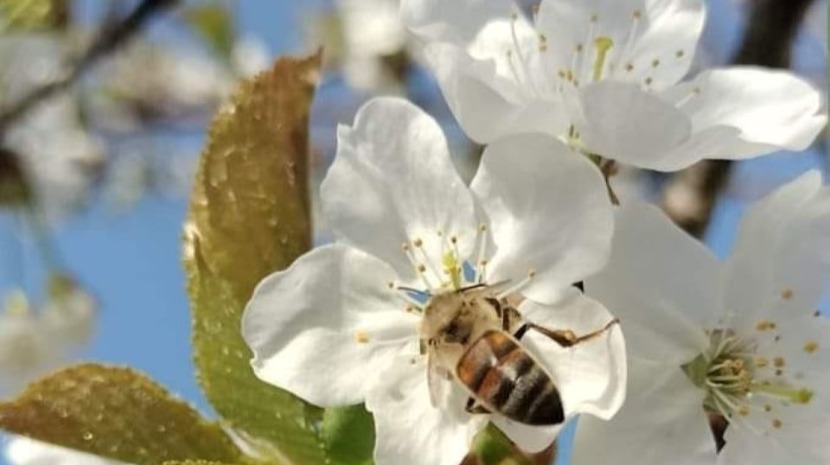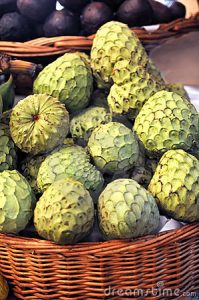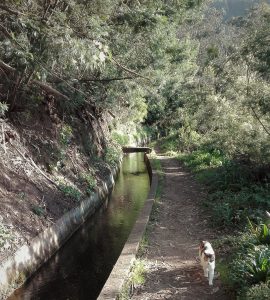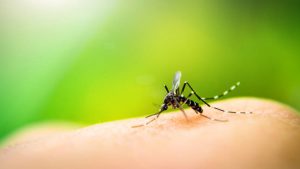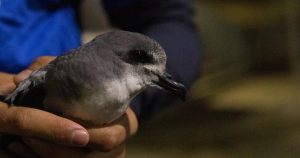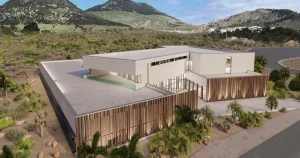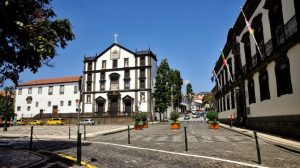The Centre for Sociocultural and Agroforestry Development and Innovation (CDISA), has defended the need to prepare and implement an Integrated Agroforestry Development Plan for Jardim da Serra, which should be extended to the remaining highlands of the Municipality of Câmara de Lobos.
In a press statement, a spokesperson for CDISA pointed out that the cherry trees which have been an integral part of the area’s landscape are disappearing, a phenomenon that began to become visible two decades ago.
“These fruit trees began to weaken and, with a more or less accelerated speed, they withered. The main causes of this phenomenon are climate change: lack of cold and rain and the strong presence of pests. With the reduction in the number of orchards and, consequently, in the number of trees, the population of Jardim da Serra lost its main productive potential,” laments the CDISA, which further pointed out that, today, “it is very rare for farmers to create new cherry orchards and, many of them, no longer renew or take care of the remaining weakened orchards.”
According to the centre, this is a phenomenon that is repeated in the cultivation of apple/pear trees, plum trees, chestnut trees, and walnut trees, thus denouncing the work done by the Regional Government, the Câmara de Lobos City Council, and the CDISA Quinta Leonor itself “as no longer sufficient to mitigate the negative effects the lack of viable and productive orchards has on the locality, economically, socially and environmentally.”
For this reason, the Centre for Sociocultural and Agroforestry Development and Innovation finds it necessary to find an urgent response from the local community and public and private entities, including the implementation of an integrated development plan “that recovers and regenerates agricultural areas and forest areas and promotes the good use of water.”
“This plan should guarantee scientific, technical, and financial support, both for farmers and foresters who want to preserve regional varieties subject to erosion and for those who want to dedicate themselves to the cultivation of agricultural varieties that are more productive and adapted to current soil and climate conditions. Given that the highlands of Câmara de Lobos have the same agricultural varieties and are subject to similar problems, it would be very important for this plan to be extended to all these territories,” the centre concludes.
Samantha Gannon
info at madeira-weekly.com
Views: 1

